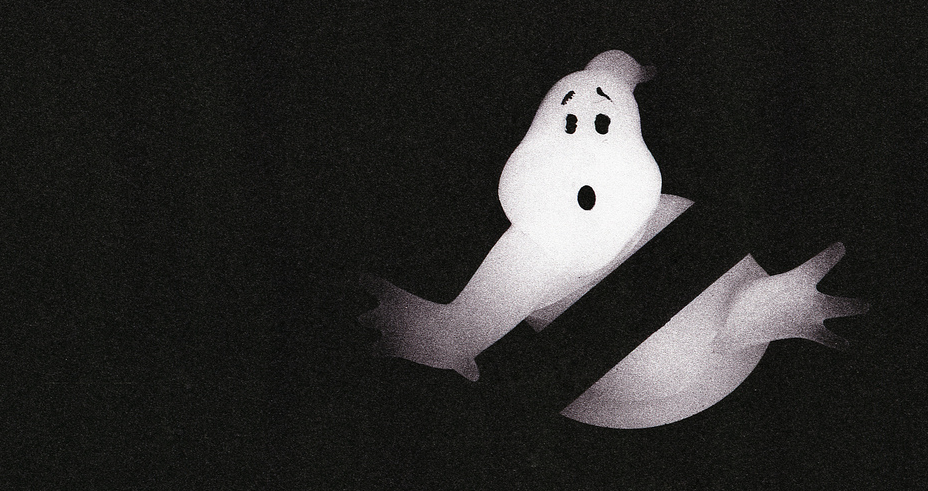Buying A Famous Haunted House Can Be A Money Pit
The L.A. Times recently talked with real estate appraiser Randall Bell, who specializes in figuring out the real value of homes with unsavory backstories.
His transition from being a normal, everyday appraiser to his current field of expertise began 21 years ago, in the wake of the L.A. riots surrounding the Rodney King beating by the LAPD. He saw an opportunity in appraising those damaged properties that no one else would try to appraise, or wouldn’t know how to if they tried.
Since then, he’s written up detailed reports for well-known scandal magnet homes like the Brentwood condo where O.J. Simpson’s ex-wife Nicole Brown was found murdered; the Rancho Santa Fe mansion that was home to 39 Heaven’s Gate members before they committed suicide; the Colorado home of JonBenet Ramsey and her family; and others.
Then there’s the Las Vegas house, believed to be haunted, that was featured on the Travel Channel’s Ghost Adventures show. The homeowner had purchased the mansion at foreclosure but after the property was shown on TV, along with stories it was inhabited by ghosts and had previously been the site of mob shootings, he says it was repeatedly broken into and vandalized.
“The fire was right over here,” recalls Bell, pointing to a spot where he says there had been a pentagram scrawled on the floor. “You could see where they did their little ritual thing.”
In the end, that homeowner ended up selling the mansion for below what he’d paid at auction. The new owner’s real estate agent estimates that it would have sold for $150,000 to $200,000 more if it hadn’t been for the ghost-filled reputation.
Bell tells the Times that buyers assume that it’s just a matter of cleaning up damage or tearing down an infamous structure, but that’s not generally the case. After all, everyone who lives near the Heaven’s Gate mansion is going to know what happened on that property, regardless of what happens to the physical structure; the reputation lives on.
Likewise, the Vegas mansion with its supposed ghosts and fable mob hits — both of which Bell denies any evidence of — will continue on for a while, mostly due to basic cable’s love of reruns.
So the new owner, who hopes to flip it, is taking care to secure the building to keep lookie-loos away. So far he’s been successful. But even if he can get it back to a pristine condition, will he disclose the reputation to prospective buyers?
While some places have varying requirements about disclosing whether someone died in a for-sale property, sellers in most states are not obliged to tell buyers about the fame or infamy of a property.
Thanks to a 1991 New York state appeals court ruling in a case involving the attempted sale of a house that had been touted as “haunted” for years, sellers in that state are required to disclose to the buyer if a property has been publicly marketed or believed to be haunted:
“Having undertaken to inform the public-at-large, to whom she has no legal relationship, about the supernatural occurrences on her property, [the seller] may be said to owe no less a duty to her contract vendee… [H]ere, the seller not only takes unfair advantage of the buyer’s ignorance but has created and perpetuated a condition about which he is unlikely to even inquire… Application of the remedy of rescission, within the bounds of the narrow exception to the doctrine of caveat emptor set forth herein, is entirely appropriate to relieve the unwitting purchaser from the consequences of a most unnatural bargain.”
One appeals panel judge who dissented, also made an argument worth quoting:
Finally, if the doctrine of caveat emptor is to be discarded, it should be for a reason more substantive than a poltergeist. The existence of a poltergeist is no more binding upon the defendants than it is upon this court.
Want more consumer news? Visit our parent organization, Consumer Reports, for the latest on scams, recalls, and other consumer issues.


